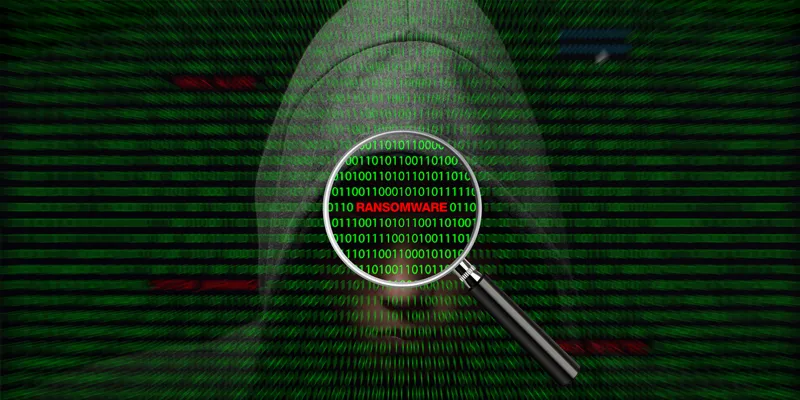Wondering what precautions to take against ransomware? Read on
With WannaCry plaguing systems across the globe for the past few days, it’s about time that you learn what precautions to take to avoid falling prey to ransomware.
Since Friday, the WannaCry ransomware has wreaked havoc and given rise to major concerns the world over. Considered to be one of the biggest cyberattacks in history, it has heavily impacted businesses and governments across more than 150 countries, with the UK’s National Health Service (NHS) being possibly the worst affected. The danger hasn’t been restricted to the systems of various organisations, both public and private, either; the virus seems to have affected personal computers across the globe as well.

The ransomware works by encrypting the data stored on your system, leaving you unable to access it until–supposedly–you pay the hackers a ransom in Bitcoin, which is practically untraceable. Should the ransom not be paid, you face the possibility of losing your data permanently.
Is there a way to ensure that your system is protected? Here are a few precautions to take to secure your digital data.
Set up a back-up routine
If you are someone who didn’t really think about backing up your data previously, then it’s time to look into it right now. This way, if your machine gets encrypted, you needn’t worry about losing your data. The best thing to do is to get an external hard drive.
Install anti-virus
You could run Microsoft’s free anti- virus software for Windows. Most anti-virus programs scan the files to check whether ransomware is present in them. They check for malware that may be present on your device.
Beware of the ransom
Never be fooled into paying the ransom, as the hackers might come back and demand more. Also, there is no guarantee that your files or data will be returned safely.
Employees be wary
Administrators of PCs should make sure that employees don’t access networks that aren’t used for work. This will limit the spread of ransomware if hackers get access to the system.
Immediately shut down the system
Your best option would be to shut down your network and disconnect your computers. This can prevent encryption and loss of data.
Monitor your online behaviour
Monitor everything you do online, and limit yourself while opening websites and mails. Chances are that, earlier, you wouldn’t have thought twice before accessing a website or opening a random mail. However, now, it’s certainly necessary to be on your guard. It’s best to err on the side of caution in case you find something suspicious or fishy.
Be alert
For this to work, hackers have to install a software on your computer. This can be done through emails, apps, or other programs. So, be alert and do not open unfamiliar mails or websites, or download any app that isn’t commonly used.
While the threat is certainly real, you are far from helpless. Be aware of this malware well in advance.







